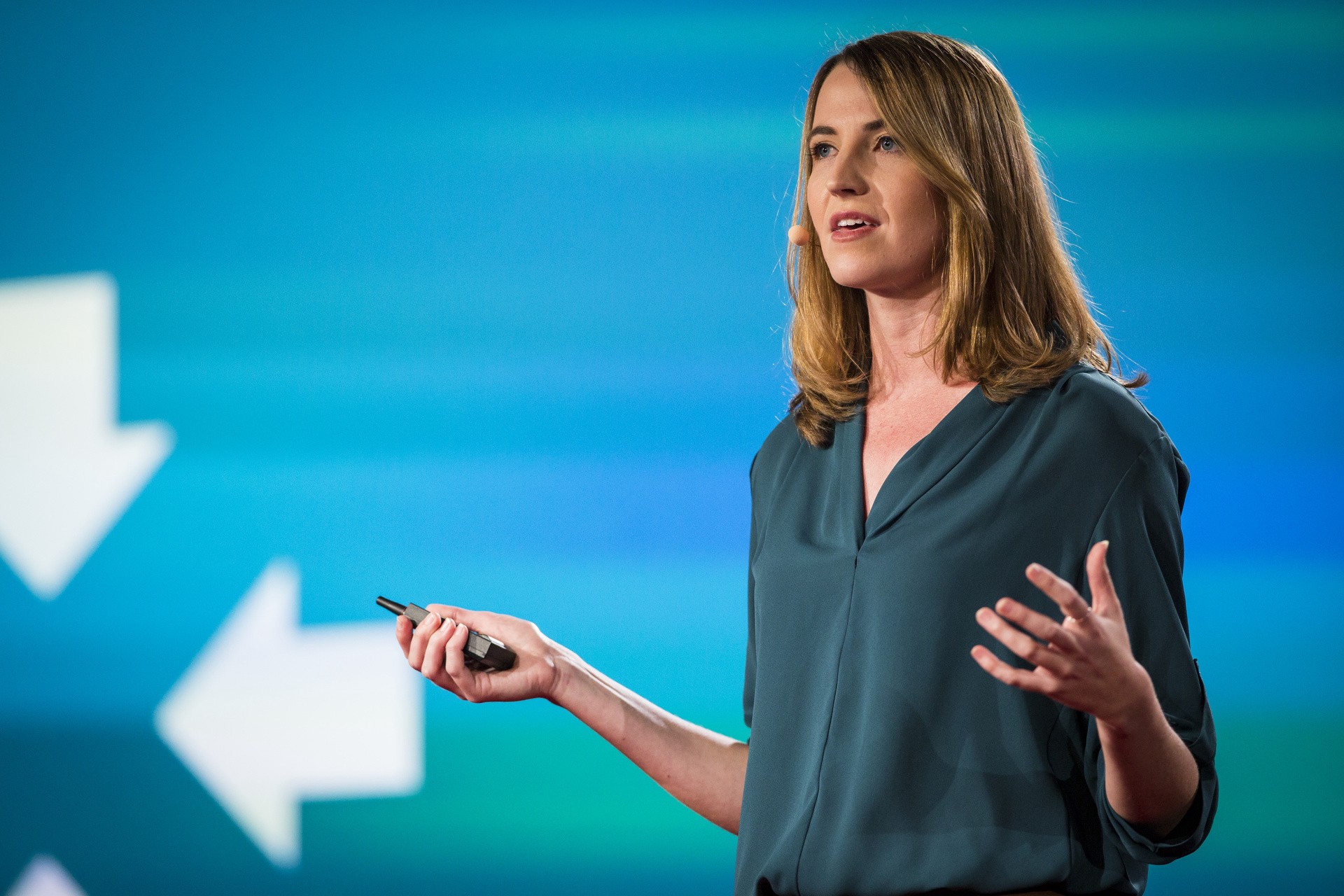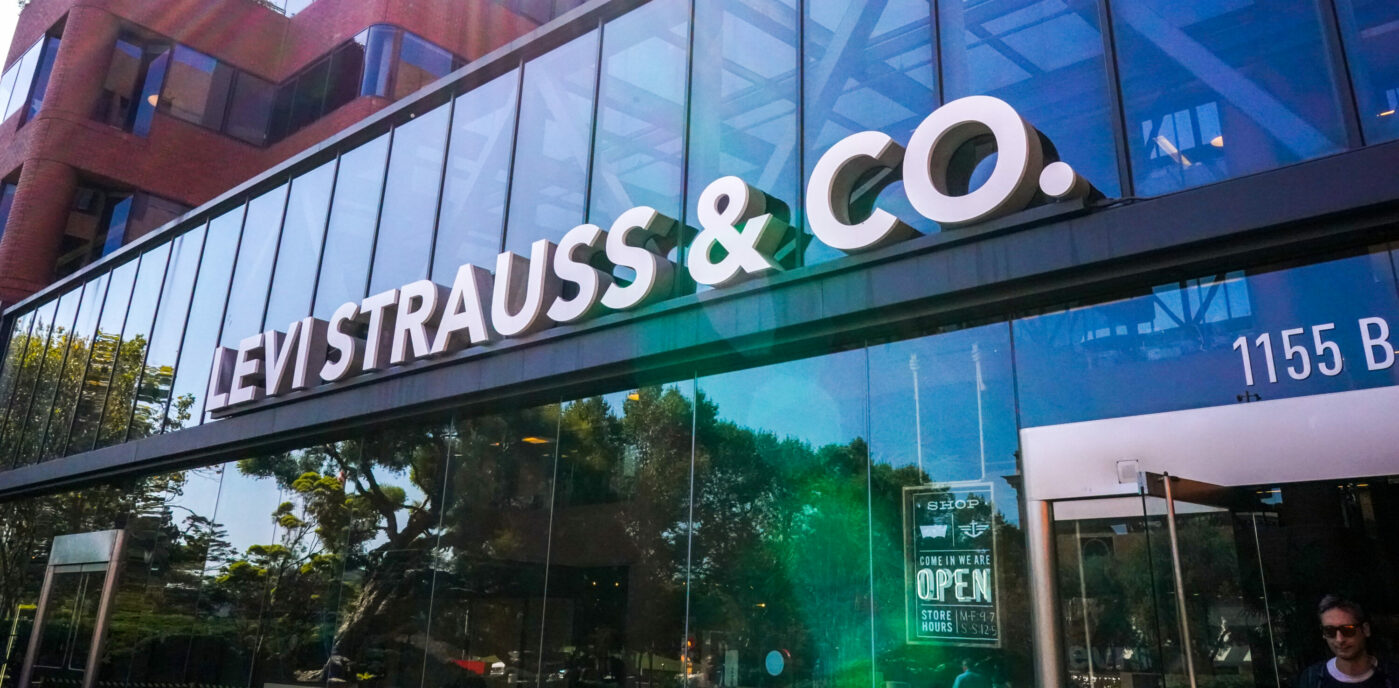What if there was a way to leverage the power of technology to prevent 59 percent of the sexual assaults that happen on college campuses?
Callisto, a new online reporting system for campus sexual violence, might be able to do just that. After all, the striking statistic above is built on another startling set of numbers: Up to 90 percent of sexual assaults are committed by repeat offenders, who commit an average of six assaults each.
Callisto aims to cut through the red tape and make reporting sexual assault less “intimidating and disempowering,” according to founder Jess Ladd. “We were trying to build a system that would help survivors feel in control of the process.”
But it’s the tool’s unique “matching” feature that has garnered the most attention. Built on the belief that people would be much more likely to report their assaults if they knew they weren’t alone, one feature allows survivors to write a report and identify their attacker by Facebook profile or cell phone, but it’s only submitted to authorities if someone else writes a report identifying the same perpetrator. The potential impact is hard to ignore: If every sexual offender were stopped after the second assault, more than half of all assaults could be prevented.
That’s the kind of impact that has won Callisto vocal support from students, school administrations, alumni – and the Levi Strauss Foundation (LSF). Recognizing the enormous potential of Callisto’s potent marriage of technology and social change, the foundation is supporting Callisto with a grant.
This grant is part of a gender equity portfolio designed to encourage strong leadership, new forms of collaboration and tech innovations that help women – and by extension, their families and communities – thrive.
“What’s been so great about the Levi Strauss Foundation investment is it came at a really critical time,” Jess said. “If we had to wait a year or two longer, we might have missed our moment. There’s an urgency to this issue that I think is really compelling.”

Perfect Timing
With October recognizing Domestic Violence Awareness Month, the Callisto launch comes at a time of high-profile sexual assault headlines like the Stanford assault case, where the survivor’s open letter to her attacker drew national attention and widespread support. The Stanford letter prompted a University of Austin alumni to make a public plea to the college to adopt the Callisto platform after disclosing her own sexual assault.
“When we see other survivors coming forward, and see the public responding well and supporting that survivor, I really think it does encourage others to tell their own stories,” Jess said.
That growing encouragement is exactly what is needed to address the very complex reasons that only 10 percent of survivors currently report their assaults. Many think they will not be believed, or that their assailant won’t face any consequences. They may also not be sure whether what happened to them is serious enough to report, or if it even qualifies as assault if they flirted with the person or drank beforehand.
“They may think, if any part of it was my fault, I don’t have the right to take action on it,” said Jess, herself a survivor of college sexual assault. “I reported it over a year later, and found the process of reporting to be almost as traumatic as the assault itself.”
That kind of reporting delay isn’t unusual: Survivors who do report their assaults wait an average of 11 months. But Jess has drawn inspiration from her own experience – and the stories of countless others – to use technology to create an alternative.
Callisto’s pilot rollout offers three options to survivors – simply document an incident and save it; make a report and send it directly to authorities; or select the matching feature to see if another report was made. About half the people who used the tool simply saved the reports, 20 percent submitted them to authorities directly, and 30 percent had their reports submitted automatically when the matching function was triggered by a second report. The app also connects users to resources that support survivors.
In addition, Callisto provides valuable aggregate data to colleges with the potential to influence policies. For example, Jess said the app saw use upticks around fall and spring breaks, which led one of the schools using the tool to rethink the timing of their sexual assault awareness messaging.
Callisto has also open-sourced the code for their tool, and people are deploying it globally for a variety of social issues “where people feel unsafe or disempowered.” In India, they are building a tool to report workplace sexual harassment. In Brazil, people are interested in turning it into a mechanism for reporting political corruption.
Today, Callisto is on five university campuses, with plans to grow to 11 campuses by next year.
“Schools are looking for a solution,” Jess said. “I think Callisto is part of that solution. I don’t think it’s a silver bullet, but I think it’s part of a larger change that we need to see.”

Fighting Sexual Assault With Technology
October 28, 2016






